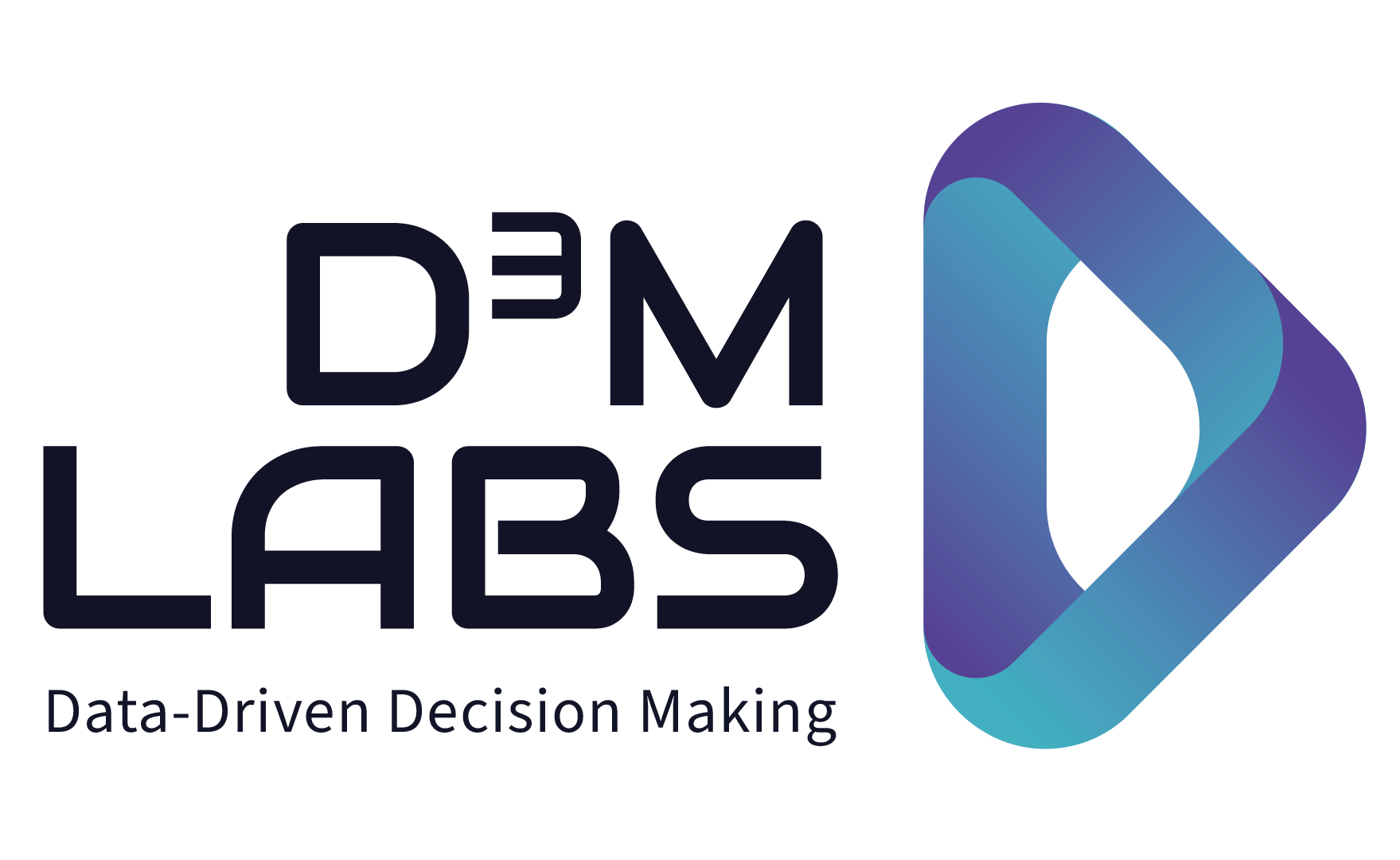What is data governance?
Data governance is the vital component of data management. Data governance defines all policies, processes, metrics, tools, surrounding data strategy and data communication. Data governance is the central part of data management. Companies can implement different parts of data management practices, like data architecture or data quality, but without data governance nothing will work effectively or even at all.
For more information data governance, please look at https://www.dama.org/cpages/home
What sparked your interest in data governance?
In Raiffeisenbank, I worked as an application support expert and then later as a team lead of an applications support team. We supported different banking applications and worked with system administrators, database administrators, developers and business users. During that time we made many changes and database migrations. At that point I started getting interested in data processes and data governance. In the late aughts (2000s) to the early 2010s, nobody in the Russian banking technology area named these processes as data governance.
In 2012, I started working at GE with a huge data warehouse and financial reporting products implementation. I was a project manager who was responsible for the data warehouse as an owner. My team developed and delivered some new analytical products. I realized that data management was not only about the last mile of the data flows, not just about the analytical platform. In order to be a successful data warehouse owner and project manager, I had to understand all business processes and data sources, at least on a high level. I realized that with more process understanding, I could solve bigger business problems, not just problems related to financial reporting I was directly responsible for.
Data governance is not just about data. Data governance is a cross-functional area. This wider view sparked my interest.
Why do companies need data governance?
If a company wants to be a successful business, it has to make all management decisions strictly based on data. If a company wants to offer new products and features and be cost-effective at the same time, it needs to manage its data flows, data quality, metadata, architecture, master data and so on. Finally, if a company wants to operate in the EU, it has to meet the regulatory requirements, for instance, GDPR and Cybersecurity Act, at least. To do so a company needs to identify data, separate personal data from the other kind of data and so on.
In my experience, there are three main drivers to implement Data Governance practices:
1. Low quality of data for the management and/or financial reporting
2. Regulatory requirements
3. High costs and timelines for new product/features development
What is the link between data governance and growth?
I think it is a co-dependence.
When a company grows and collects more and more data everyday, you need to have data governance practices to make the collection and the growing amount of data manageable and controllable. In banking, because it is a highly regulated industry, control is important. If you want your business to grow, you have to make decisions based on data. To enable this you need data governance.
If you have already established data governance processes in your company, you will have better business processes, which creates a great environment to grow the business.
What is needed for data governance? What should a company expect to invest?
It’s a tricky question. In my experience, it depends on the size of the company. In a small company, you can have fewer tools with lower license costs, spend less effort to change processes and convince people easier to do things in a new way. If you have a huge company with a lot of complex business processes, enormous amounts of data collected, stored and processed and very low level of data management processes maturity, data governance implementation would cost a lot.
Cost drivers would include process changes, licenses for data management tools, perhaps consulting firms, future hires, etc.
What would be a hygienic minimum?
You can start with the minor changes and a data strategy. There could be new ground rules for everyday work, some quick wins to cheer up your transformation team and stakeholders. So step by step, you can approach the target state.
What type of investment is data governance and what is the return?
I’d say that the Data Governance expenses is a CAPEX (capital expense). It affects the value of the whole business and helps it’s growth, to release better products, to reduce time to market and create a better user experience.
How can you tell when a company has poor data governance? What problems can poor data governance cause?
Let me explain the most common problems.
Low quality of the management reporting and decision making, because you need good data for that.
Huge amounts of time for any process change and a huge time to market for the new products and features, because nobody knows for sure what software processes what data, where the master data is, how high or low the level of the data quality is, how exactly business processes work and so on.
Large volumes of client complaints, because poor data governance leads to poor data quality. Poor data quality is the most common reason for technology problems and process errors, which often leads to client complaints, negative posts in social media or even mass media and so on.
Problems with the regulatory authorities, which is the most scary for many companies.
At what point does a company have to hire head count to focus on data governance?
I think at a point when current roles cannot deal with the large amount of tasks surrounding data governance anymore, you need to hire a dedicated headcount. If you have a startup with just a few people, someone who’s responsible for technology could be also responsible for data governance. But if your company has at least 20 people and more than one product, you shall consider hiring someone who focuses on data governance.
Are there cases when a data governance headcount should be an early-stage hire?
If the company makes a technology product focused on processing data or if the company collects personal data. An important part of data governance is data security and data protection. In case the company collects and processes personal data, they have to hire some experts not just in data governance and data processing, but also in data protection.
A data security expert needs to have expertise in law, technology and data governance.
What are the first steps that companies can take to achieve good data governance?
Good data governance starts with business strategy and business goals. A data strategy should describe data management and data governance approaches that correspond to the business strategy. The next step would be an assessment to understand the most painful issues and plan all the roles and functions and the implementation to solve these issues.
The first problem to solve depends on the results of the assessment.
Sometimes a company needs to implement metadata management and data architecture first. Sometimes good architecture exists and there is a need to start from processes and roles. Other times the most painful problem is the data quality.
What is the most common major problem in data governance?
Data quality.
In the case that data quality is the major pain point, the company should create a data quality incident management process first, depending on the assessment results.
What are some common misconceptions and mistakes companies make when thinking about data governance?
It’s not just about processes and bureaucracy, but also about the holistic view of the data life cycle within your company.
Thinking about data governance just as documents or processes descriptions is a pretty common mistake. However, data governance is a holistic approach based on three main pillars: people, processes and technologies. Each pillar is equally important. If you don’t communicate to people about data governance and data strategy, implementation will not work. If you don’t use tools to describe your data, metadata, data lineages, architecture etc, the main goals of data governance implementations won’t be able to be achieved.
Are there any times when data governance has been harmful?
When data governance only serves to multiply bureaucracy instead of making processes more transparent.
I think data governance itself cannot be harmful, because it is just a set of practices, a management framework. However, I saw several cases when using the right practices the wrong way created more problems than before.
One of the main goals of data governance implementation is to make all data processing transparent and easier to use in business. When you make your processes less transparent and more complex instead of easier, you are going the wrong way.
For instance, in one company data governance implementation was reduced to writing several policies and internal regulations. No new tools, processes changes, or change in communication strategy were part of the initiative. This company didn’t achieve any positive outcomes of the data governance implementation and also made its business processes more complex, which increased time to market of new products and subsequently hurt growth.
What is a key element of success that people often overlook when creating and implementing data governance?
Don’t forget to create a communications strategy for the data governance implementation. I think it is vital to the success of the data governance implementation to get the support from every organizational unit of the company. To get the support from the executive level to every employee, you need to communicate regularly what we want to achieve with these changes and how data governance implementation can help every employee in his or her everyday work.
Who is Irina Nikiforova?

Irina Nikiforova, Senior Data Architect in COCUS AG, 18 years of experience in FinTech, worked in the largest Russian and international banks. For the last 6 years implemented Data Governance, Data Management and Data Privacy practices. As a Program Manager implemented several complex integration solutions for personal data processing, complaints processing and financial reporting. Likes to solve business problems with data

